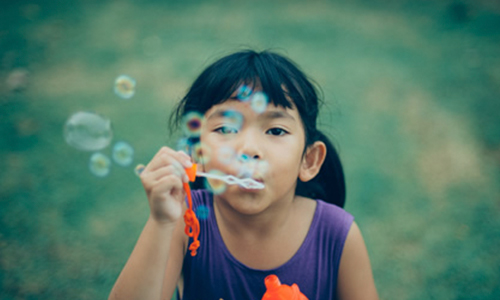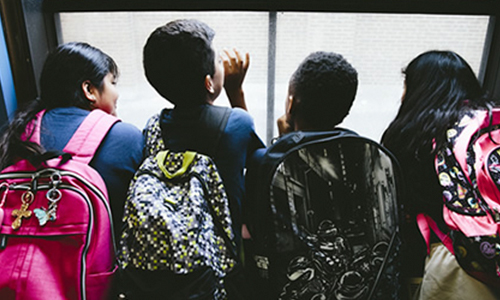
Description
Megan Kuhfeld shares work exploring how differing patterns of summer learning loss or growth may impact academic achievement gaps.
View blogAssociated Research
Related Topics
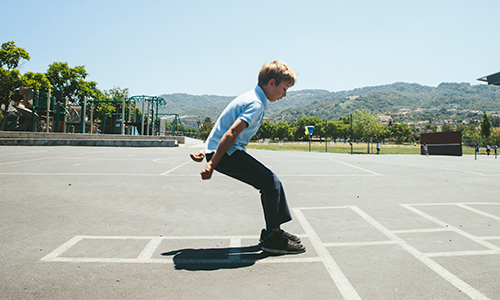

School effectiveness, summer loss and federal accountability
Learn more about the effect of seasonality on estimates of school effectiveness and how ignoring summer loss can impact which schools are identified as low performers.
Topics: Growth modeling, Seasonal learning patterns & summer loss, Student growth & accountability policies
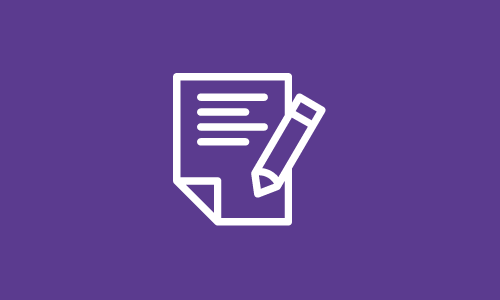

In this study, we apply the Compound Polynomial or “CP” model in a school evaluation context. The CP model addresses the seasonality of student test scores by simultaneously estimating between- and within-year growth.
Topics: Growth modeling, Seasonal learning patterns & summer loss, Student growth & accountability policies
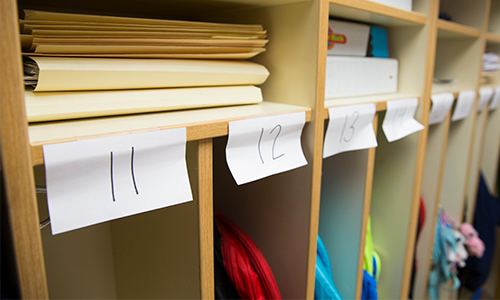

Reconciling long-term education policy goals with short-term school accountability models
Learn more about the effect of seasonality on estimates of school effectiveness and how ignoring summer loss can impact which schools are identified as low performers.
Topics: Growth modeling, Seasonal learning patterns & summer loss, Student growth & accountability policies
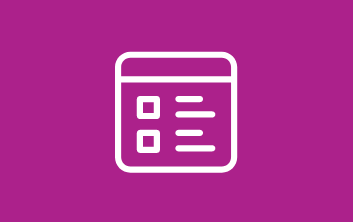

How Teachers and Families Can Help Students Build Reading Fluency Over the Summer
In this Education Post article, Cindy Jiban discusses research showing that kids in the primary grades typically return from summer break with slower and less accurate oral reading. But this doesn’t have to be the case: we can set kids up for growth in fluency instead.
Topics: Seasonal learning patterns & summer loss, Academic content, Reading & language arts


The learning curve: Revisiting the assumption of linear growth across the school year
Important educational policy decisions, like whether to shorten or extend the school year, often assume that growth in achievement is linear through the school year. This research examines this untested assumption using data from seven million students in kindergarten through 8th grade across the fall, winter, and spring of the 2016-17 school year.
By: Megan Kuhfeld, James Soland
Topics: Measurement & scaling, Growth modeling, Seasonal learning patterns & summer loss
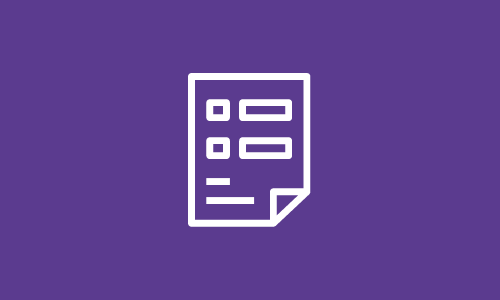

This technical appendix outlines the methodology behind the projections in the NWEA research white paper, The COVID-19 slide: What summer learning loss can tell us about the potential impact of school closures on student academic achievement.
By: Megan Kuhfeld, Beth Tarasawa
Topics: COVID-19 & schools, Equity, Seasonal learning patterns & summer loss


Academically speaking, the COVID Slide could be a lot worse than you think
Education leaders are already bracing for a worse “summer slide” this year for students whose schools were shut down to curb the spread of coronavirus. But new research suggests the “COVID slide” is going to be significantly worse. In one study out today, Beth Tarasawa and Megan Kuhfeld, reasearchers for NWEA, analyzed student achievement and growth data from more than 5 million students in grades 3-8 who participated in NWEA’s widely used MAP-Growth test in 2017-18 to project growth trajectories for the students under two scenarios for COVID school disruptions.
Education Week, Inside School Research blog
Mentions: Megan Kuhfeld, Beth Tarasawa

